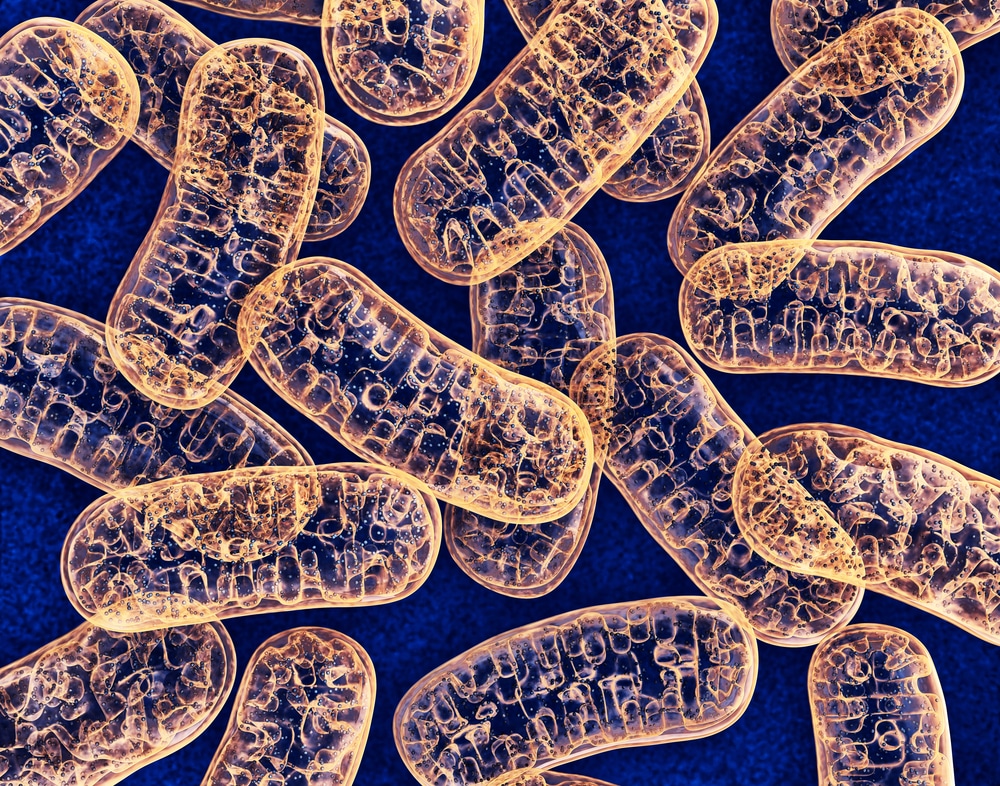Newsletter Signup - Under Article / In Page
"*" indicates required fields
NRG Therapeutics, Ltd. has closed a £16 million ($18.2 million) series A financing.
The funding was led by Omega Funds and joined by additional new investor Brandon Capital and founding investor Parkinson’s Virtual Biotech.
NRG Therapeutics is using mitochondrial biology to develop disease-modifying therapeutics to slow or halt the progression of neurodegenerative disorders such as Parkinson’s and ALS (also known as motor neurone disease or MND). The funds will be used to advance the company’s potential first-in-class brain-penetrant small molecules through IND-enabling studies.
The company’s pre-clinical pipeline includes small molecule assets that inhibit the mitochondrial permeability transition pore (mPTP) through a novel mechanism of action. Mitochondria are essential for maintaining cell health. There is now a body of evidence demonstrating mitochondrial failure or dysfunction is common across many degenerative diseases. Inhibition of the mPTP has been shown to protect neurons, reduce neuroinflammation, and extend survival in pre-clinical disease models.
First disease-modifying medicine
In vitro studies have demonstrated NRG’s investigational new drugs protect mitochondria and increase the viability of human cells, and therefore have the potential to halt or significantly slow the progression of disease in individuals with Parkinson’s or ALS. If successful in clinical trials, NRG’s therapeutics would be the first disease-modifying medicine to prevent or delay disease progression for people with Parkinson’s, where current treatments only provide management of disease symptoms.
NRG Therapeutics is targeting a novel pathological mechanism in ALS, through which the protein TDP-43 triggers neuroinflammation via activation of the innate immune sensor STING, which was identified by its collaborator Seth Masters, at Australia’s WEHI (Walter and Eliza Hall Institute of Medical Research). Following the financing, Masters has joined the NRG management team as VP of discovery biology. His laboratory at WEHI in Melbourne, Australia, will also include a sponsored team as part of a research agreement between NRG Therapeutics and WEHI. In addition, NRG Therapeutics has also expanded its UK R&D and operational base with a recent move to the Stevenage Bioscience Catalyst (SBC).
Virtual Biotech
The Parkinson’s Virtual Biotech is the international drug discovery and development program founded in 2017 by Parkinson’s UK, the largest European charitable funder of Parkinson’s research.
Since 2019, Virtual Biotech has supported NRG’s work as it looks to accelerate new treatments for Parkinson’s in years and not decades.
Parkinson’s affects around 10 million individuals worldwide and occurs as a result of the loss of specific dopamine-producing cells in the brain that control muscle movement. It is the fastest-growing neurological disorder in the world, presenting a major healthcare challenge for society.
ALS is a rare fatal neurodegenerative disorder that typically leads to death within 3-5 years of diagnosis. The marketed disease-modifying treatments for ALS provide an extension in survival of approximately three to six months. Given this extension in life is modest and patients are hugely debilitated in the terminal phase disease, an improved disease-modifying medicine is needed.






